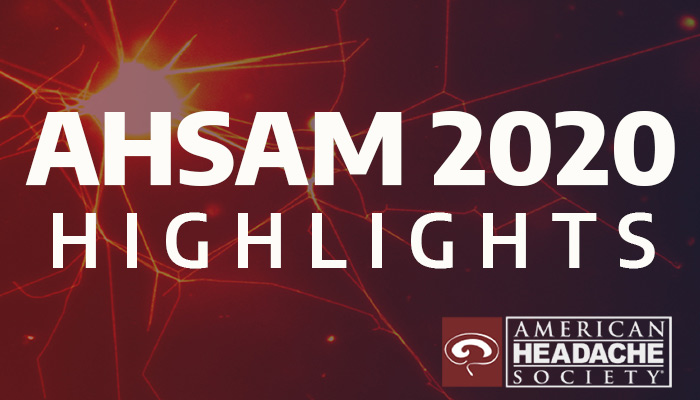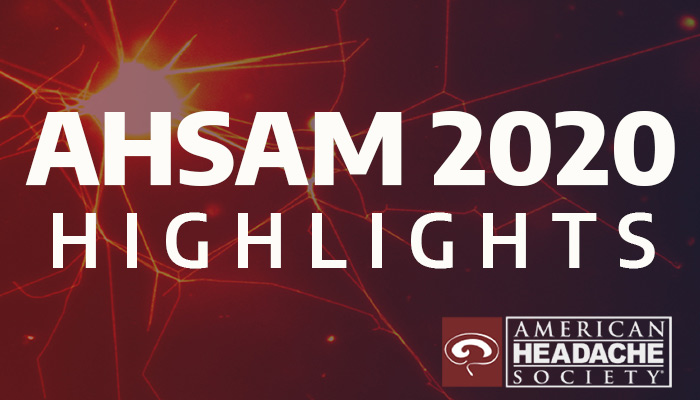

Mild TBI induces long-lasting sensitization to pain in mice
In this medfyle
Expert commentary by Andrew Russo, PhD
This Medfyle was published more than two years ago. More recent Medfyle on this topic may now be available.
Acknowledgements
This is a highlights summary of an oral session given at the AHSAM 2020 Virtual Annual Scientific Meeting and presented by:
Anne-Sophie Wattiez, PhD
Research Scientist
University of Iowa
Iowa City, Iowa
The content is produced by Infomedica, the official reporting partner of ASHAM 2020 Virtual Annual Scientific Meeting. The summary text was drafted by Goldcrest Medical Writing, reviewed by Marco Vercellino, MD, an independent external expert, and approved by Jessica Ailani, MD, FAHS and Mark J. Burish, MD, PhD, the scientific editors of the program.
The presenting authors of the original session had no part in the creation of this conference highlights summary.
In addition, an expert commentary on the topic has been provided by:
Andrew Russo, PhD
University of Iowa, Iowa City, IA, USA
About the Expert
 Andrew Russo, PhD
Andrew Russo, PhD
University of Iowa, Iowa City, IA, USA
Andrew Russo is Professor of Molecular Physiology and Biophysics, and Neurology, at the University of Iowa. Dr. Russo received his PhD in Biochemistry from the University of California, Berkeley, followed by postdoctoral training in molecular neurobiology at UCSD. Dr. Russo’s research is focused on how the neuropeptide CGRP contributes to the altered sensory perception and pain of migraine. The lab uses approaches ranging from epigenetics to mouse behavior. The overall goal of his studies is to develop effective diagnostic and therapeutic strategies for migraine and post-traumatic headache.




